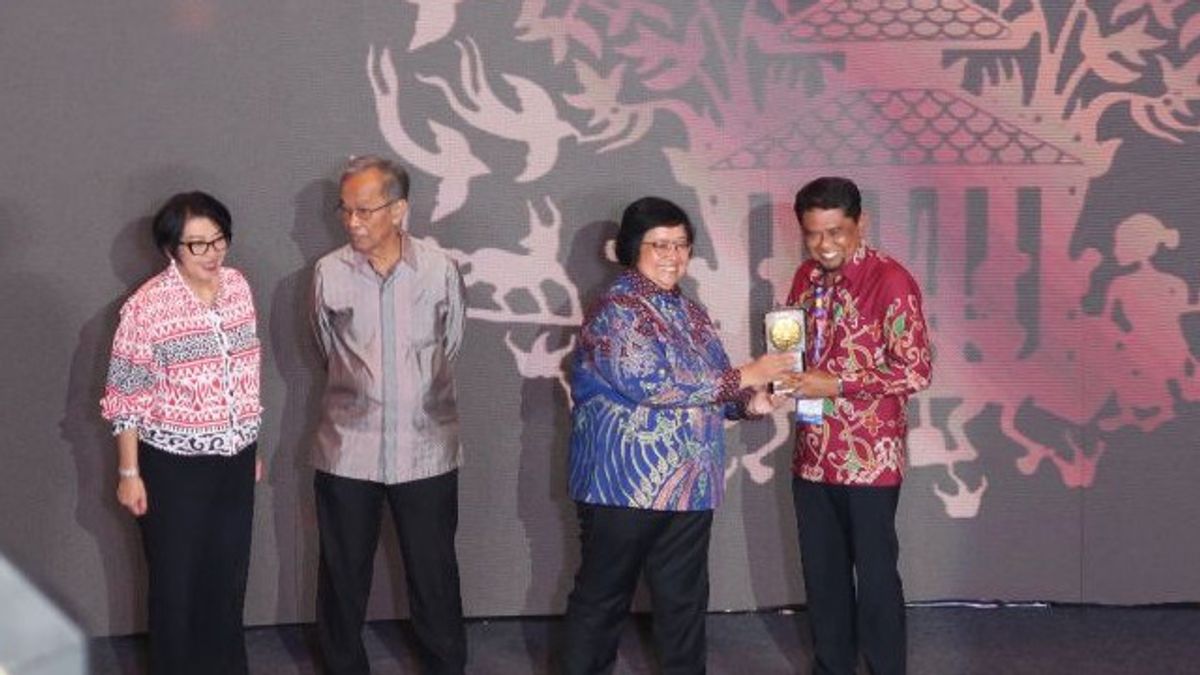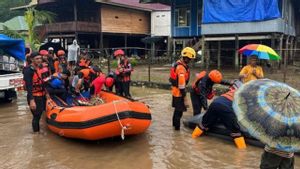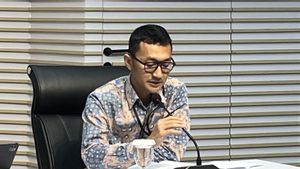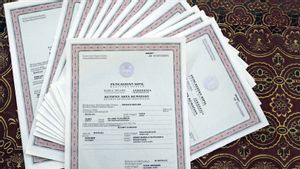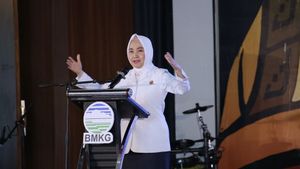JAKARTA - The Ministry of Environment and Forestry (LHK) awarded Adipura to 150 regencies/cities in Indonesia that have succeeded in maintaining cleanliness and urban environmental management.
"Adipura is an award to cities that have done hard work from upstream to downstream regarding waste management and also carry out TPA management properly," said Director General of Waste Management, Waste, and B3 of the Ministry of Environment and Forestry Rosa Vivien Ratnawati, quoted by ANTARA, Tuesday, February 28.
Vivien explained that the implementation of the Adipura program for the 2021-2022 period had been implemented for 258 regencies/cities or as many as 50.2 percent of 514 regencies/cities in Indonesia.
There are five regencies/cities that received the highest Adipura Kencana award, namely Balikpapan City, Surabaya City, Bontang City, Bitung City and Jepara Regency.
Furthermore, the number of regions that won the Adipura award was an award because they were able to show good urban environmental management performance as many as 80 regencies/cities.
Meanwhile, the number of regions that won the Adipura Certificate award was because they had efforts to manage waste at the source well as 61 regencies/cities, and the thematic location with the best waste management conditions which won the Adipura Plakat award as many as four districts/cities.
Vivien explained that his party is trying to improve the Adipura Program in encouraging district/city governments to achieve the 100 percent waste management target by 2025.
"Regencies/cities need to continue to improve and adapt to the latest waste management methods so that they can find the best solution in dealing with environmental problems, especially waste problems," he said.
He further conveyed that the improvement of the Adipura program can be seen from the elaboration of assessment indicators that not only touch the side of cleanliness and shade in urban areas, use of technology, increase in installed capacity, and support the achievement of the national target of 20,000 Climate Villages in 2024.
This is reflected in the mechanism for classifying districts/cities based on the installed capacity of waste management systems with tested system bases and accurate data verified through the National Waste Management Information System (SIPSN), Jakstrada, TPA Operations, and green open space area.
The development of Adipura monitoring by utilizing technology, including monitoring through air surveys using unmanned aircraft and satellite imagery. The number of Climate Villages in districts/cities is an incentive for Adipura's assessment.
Minister of Environment and Forestry Siti Nurbaya advised local governments to create a work pattern and waste management system that complements and is sustainable by considering environmental aspects, social aspects, and economic aspects.
Thus, waste management not only reduces and minimizes its impact, but also takes into account public health aspects and positions waste as a resource for the availability of raw materials, efficiency in the use of resources, and as an economic resource for the community.
Furthermore, he hopes that the awarding of Adipura this time can create cities that are shady and sustainable through the provision of public green open space whose position is very important to ensure the balance of the city ecosystem, the balance of hydrology systems, as well as ecological systems that can create healthy, comfortable cities, increase the availability of clean water and air, and can improve city aesthetics.
"The Ministry of Environment and Forestry is proud to give Adipura awards to Regional Heads who have worked hard and are committed to realizing a better environment," concluded Minister Siti.
The English, Chinese, Japanese, Arabic, and French versions are automatically generated by the AI. So there may still be inaccuracies in translating, please always see Indonesian as our main language. (system supported by DigitalSiber.id)
